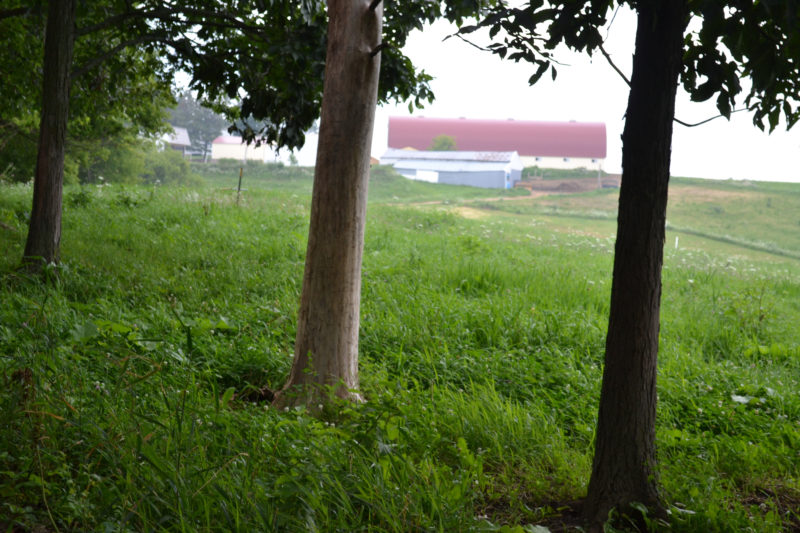Bequests 
A bequest (or planned gift) goes a long way toward ensuring the Land Stewardship Project’s long-term impact in the generations to come. The most common planned gifts are made through wills or trusts, but many people choose to make legacy gifts to LSP through retirement accounts, pension plans, life insurance, charitable trusts, securities, gift annuities, and even gifts of real estate. LSP is set up to accept any of these types of gifts. It simply requires you to direct those in charge of your finances to include a bequest to LSP. Please contact Olivia Blanchflower, LSP’s Deputy Executive Director via email or at 612-722-6377 for more resources to aid you in this process.
Gifts of Stock
Gifts of stock are a great way to support the Land Stewardship Project with a major gift. As per policy, LSP sells any and all stocks that we receive within a few days of attaining them. This ensures those funds go right to work and not be subject to long-term risk. Gifts of stock have made a great deal possible at LSP over the years. Contact Oliva Blanchflower, LSP Deputy Executive Director, via e-mail or 612-722- 6377 for the instructions your broker will need to get it done.
Required Minimum Distributions (or RMDs)
If you have been able to contribute to a tax-deferred 401(k) or IRA, income tax is due on that money when you take withdrawals in retirement. Annual withdrawals from these retirement accounts are typically required after age 70 1/2, and the penalty for skipping a required minimum distribution is 50% of the amount that should have been withdrawn. Why not avoid that penalty by donating that money directly to the Land Stewardship Project (501c3)? If you are over 70 1/2 and have an IRA that requires a minimum distribution, ask your IRA broker or tax planner how your retirement account can be used to help grow LSP’s work AND reduce your tax bill.
Gifts of Land
The Land & Stewardship Legacies initiative provides a way for your family’s legacy on the land to continue by using it to support LSP’s work or to provide opportunities for a new generation of stewardship farmers. LSP is able to accept gifts of farmland or other real estate from members or other friends of our organization. The Stewardship Legacy secures financial resources to support the work of the Land Stewardship Project now and into the future. The Land Legacy is distinguished by accepting gifts of suitable parcels of farmland that can be sold to promising graduates of LSP’s Farm Beginnings program.
For background on the Land & Stewardship Legacies initiative, click here.
For general questions on whether this giving program is right for you, contact Olivia Blanchflower via e-mail or at 612-722-6377. You can also contact LSP’s offices in the Minnesota communities of Lewiston (507-523-3366) or Montevideo (320-269-2105). We would be happy to discuss what kinds of options you have in giving, the benefits you can experience, and the variety of ways LSP might utilize your gift. There is no pressure — we will simply begin the conversation about whether donating your property through this initiative is right for you and LSP.
- To learn more about LSP’s policy on handling gifts of land, please look over our Land Legacy Policy for Real Estate Gifts.
- If you want to get the ball rolling on a making a gift of land, please read and fill out this Land Inquiry Form.
- For more information on Farm Beginnings, click here.
- In an LSP video, members Dennis and Carol Johnson talk about how they used a gift of land to support what’s important to them. The video is available here. LSP would like to thank member Audrey Arner and the University of Minnesota-Morris for developing this video.
Individual Donations can be mailed to:
Land Stewardship Project
821 E. 35th Street Suite 200
Minneapolis, MN 55407